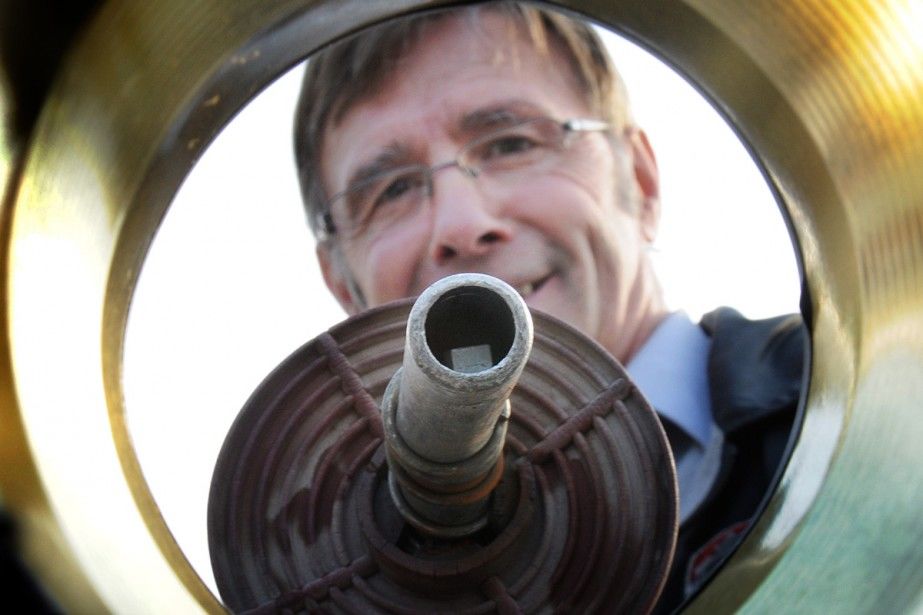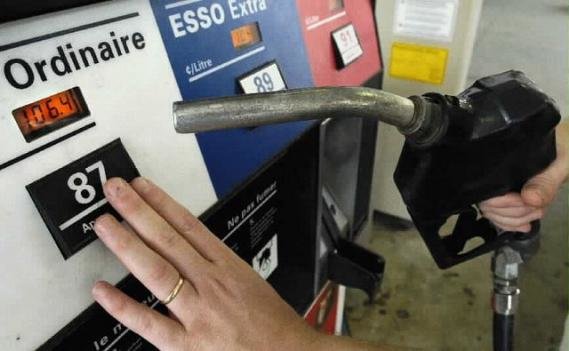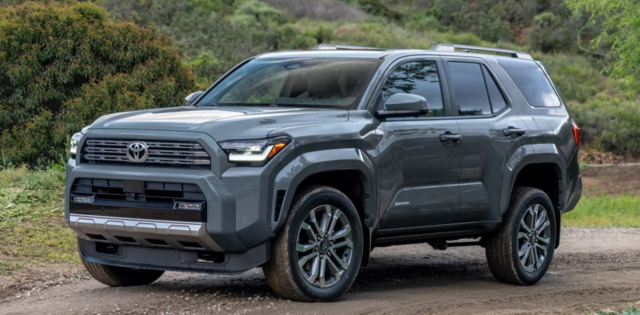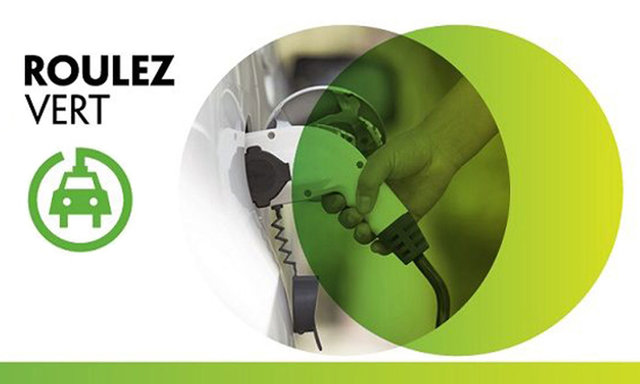Wondering if you’re making the right choice at the gas pump? It seems that $2.1 billion is wasted each year in the U.S. according to the American Automobile Association (AAA).
Wondering if you’re making the right choice at the gas pump? It seems that $2.1 billion is wasted each year in the U.S. according to the American Automobile Association (AAA). By choosing hi-octane fuel, drivers incorrectly believe that they’re improving their vehicle’s performance and consumption, according to the most recent study on types of gasoline on the market.
 While gasoline retailers promote premium gasoline by touting its merits, the AAA is clear: if the automaker doesn’t require you to use hi-octane fuel by stating that it’s required, you’re wasting your money by filling up with this rather expensive fuel.
While gasoline retailers promote premium gasoline by touting its merits, the AAA is clear: if the automaker doesn’t require you to use hi-octane fuel by stating that it’s required, you’re wasting your money by filling up with this rather expensive fuel.
Extensive tests were therefore carried out on a dynamic sample. After testing three different engines (4-cylinder, V6 and V8), the AAA is concluded that hi-octane fuel doesn’t improve engine power, doesn’t reduce consumption, and doesn’t reduce emissions.
In 2015 in the United States, 272 million fill-ups with hi-octane fuel were unnecessarily made, a loss of $ 2.1 billion for U.S. motorists. So no matter what the retailers say, it would really be in your interest to stop refuelling with hi-octane fuel. Most automakers do not require it.
Are you still in doubt because the car manufacturer recommends the use of premium fuel? Here is the recommendation of Jesse Caron, Quebec CAA automotive expert: "If premium gasoline is recommended, but not required, regular gasoline is enough for everyday driving. You can use the hi-octane fuel if you need full engine power, for example to drive in the mountains or for towing."
Moreover, according to the APA President, detergents in gasoline vary by manufacturer / refiner and all engines are not equal in their level efficiency. It’s therefore difficult to make a specific recommendation on this point.



 While gasoline retailers promote premium gasoline by touting its merits, the AAA is clear: if the automaker doesn’t require you to use hi-octane fuel by stating that it’s required, you’re wasting your money by filling up with this rather expensive fuel.
While gasoline retailers promote premium gasoline by touting its merits, the AAA is clear: if the automaker doesn’t require you to use hi-octane fuel by stating that it’s required, you’re wasting your money by filling up with this rather expensive fuel.

